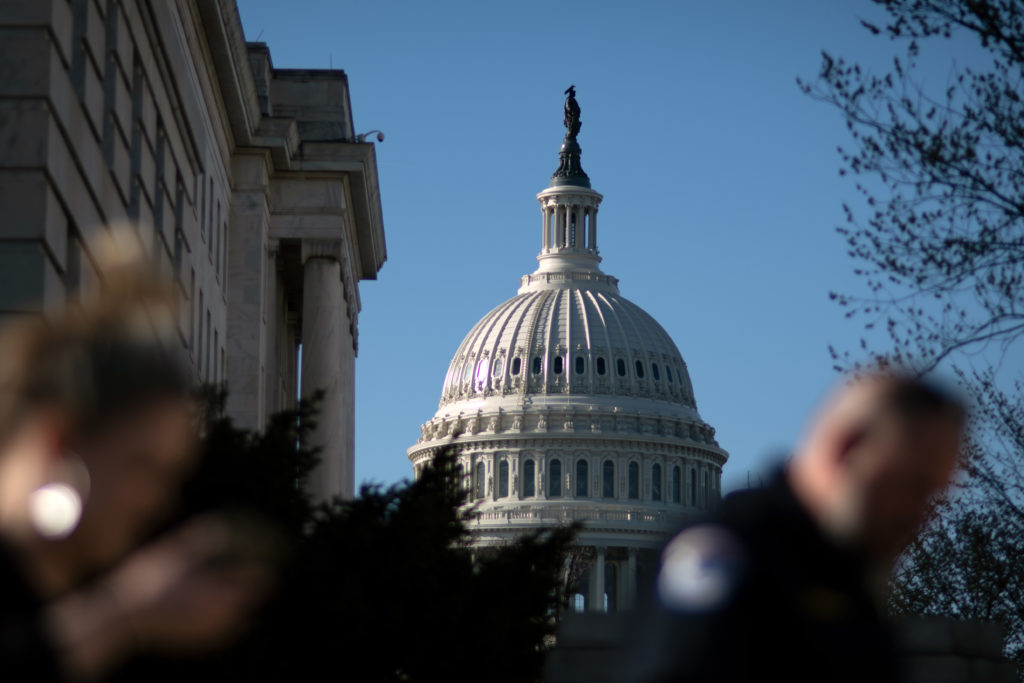Students will likely soon be paid for their work on Capitol Hill.
The House of Representatives gave the final OK to a $147-billion “minibus” bill last week, which includes a provision for congressional intern pay. The measure now awaits a signature from President Donald Trump, Bloomberg BNA reported.
About 90 percent of House offices did not previously pay their interns, according to a report from the nonprofit Pay Our Interns last year.
In interviews with 10 past and current Capitol Hill interns, students said the new funds will expand internship opportunities to students who might not have been able to take an unpaid internship because of their socioeconomic status.
Ben Raffel, a junior who has interned in both the House for Rep. Suzan DelBene, D-Wash., and Senate for Sen. Patty Murray, D-Wash., said the only students who were previously able to take internships on the Hill were from wealthier backgrounds, because those were the only people who could afford to work without pay.
“People that need to allocate their time to make money during their jobs, so that they can survive living in the city, are less able to do a congressional internship,” he said.
Raffel said the paid internships will incentivize those from different economic backgrounds to apply.
“They should have been doing it before,” he said. “Now it’s going to be more equal for all the people that want to be congressional interns.”
Sam Stroud, a junior who interned at the House her sophomore year, said paying interns is “critical” because an unpaid internship is difficult for students who are concerned about managing money. Stroud said she had to work all summer to save money to take an unpaid internship on the Hill during the academic year.
“I remember being so anxious about money during that semester because if that’s a concern for you, it only makes the experience all the more harder,” she said. “You should get paid for work. It seems so obvious.”
Stroud added that varying intern backgrounds might bring national light to other issues, like college debt and the cost of health care, because there will be more economic diversity among congressional interns.
Taylor Barrios, a junior who interned in the House her freshman and sophomore years, said a paid position will help interns who travel from out of state but don’t have time to make money to afford rent outside of their 40-hour-a-week internship.
Barrios said internships on the Hill will become more competitive now that they are paid because the financial incentive will likely lead to a bump in applications.
“I have some friends who have been lucky enough to find paid internships on the Hill, but they were a more of a rigorous selection process, and you had to make sure you had prior experience,” she said.
Liddy Thies, a sophomore who interned in the House her freshman year, said paid internships allow interns to save money and work toward a career. Thies said interns are a “vital” part of office staff, so it’s reasonable to expect compensation for their work.
“Payment is definitely something I look into because there are only so many unpaid internships one can take before you have to start earning and saving money and working your way up the ladder,” she said.





